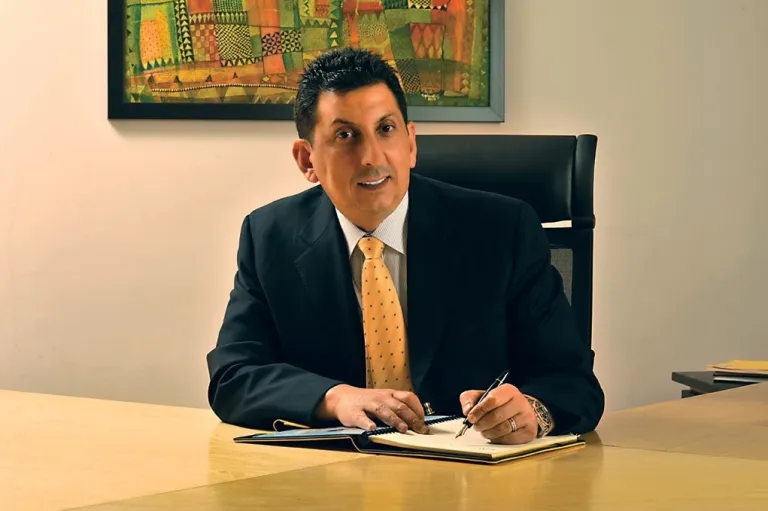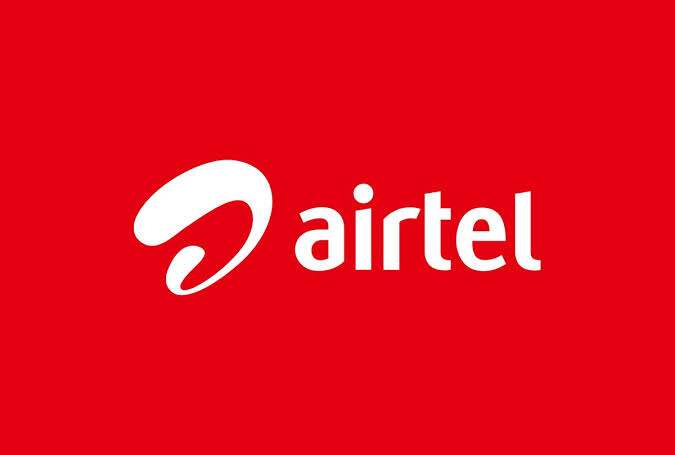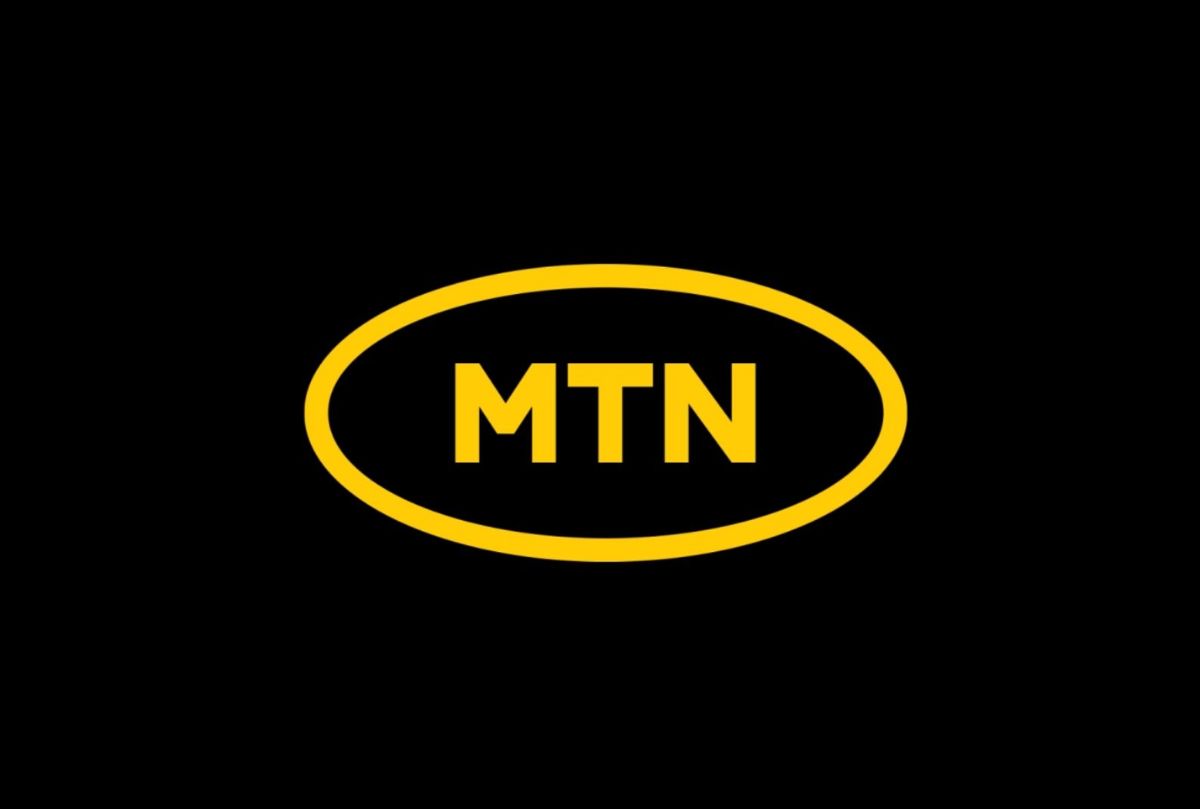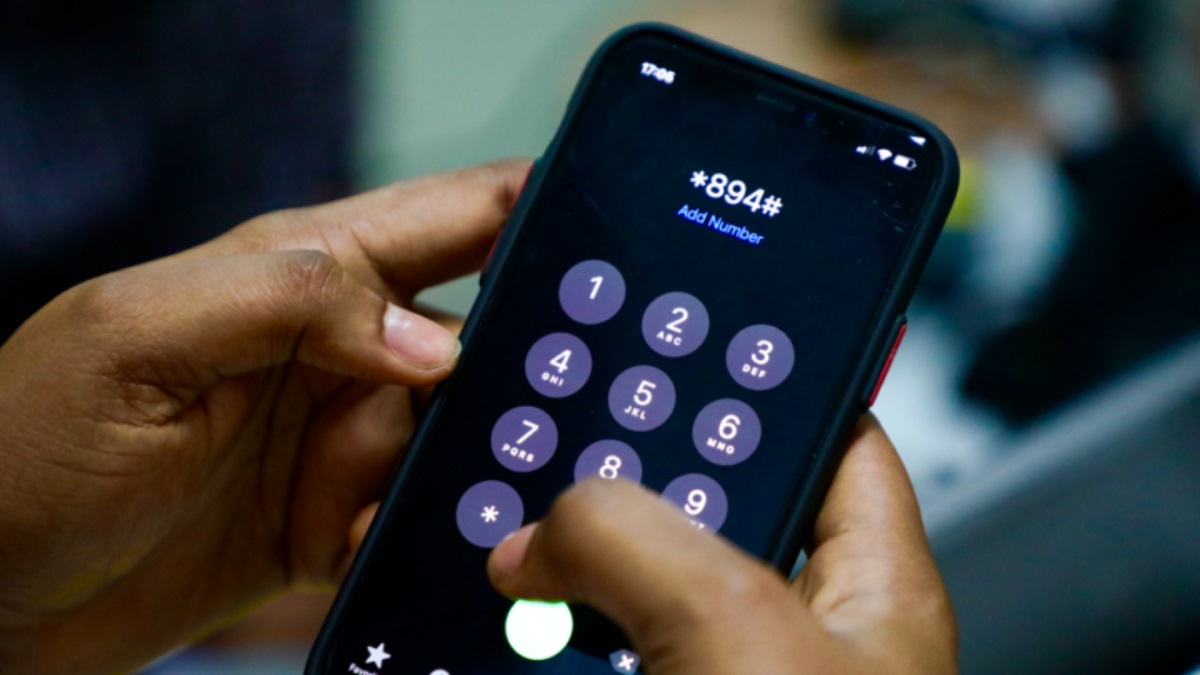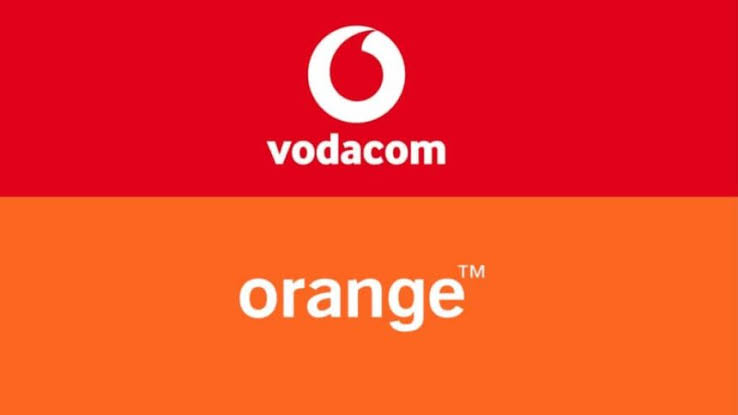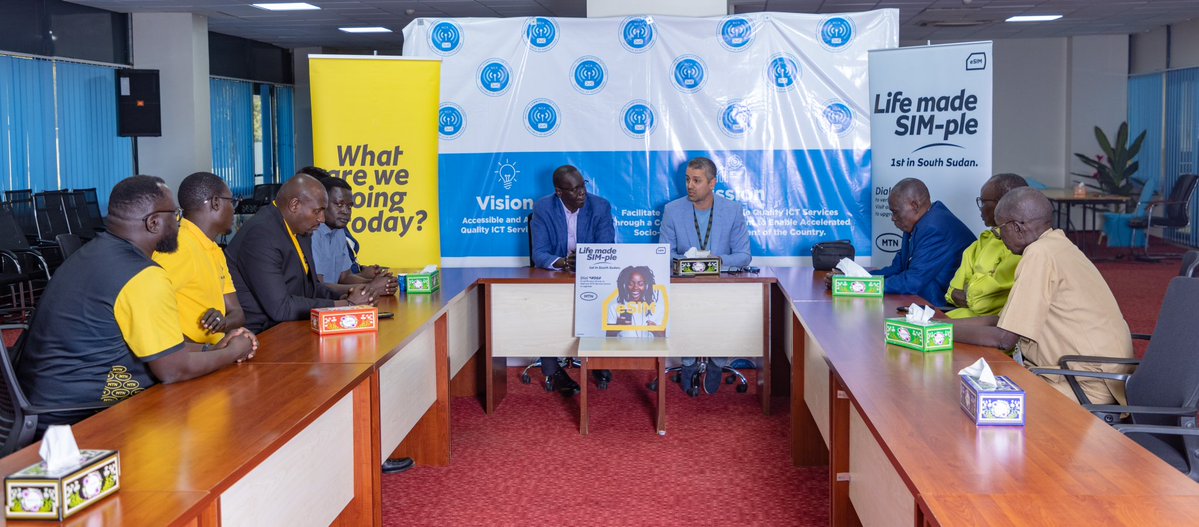Ahmad Farroukh, who was named CEO of Globacom, a leading telecom company in Nigeria, in October 2024, has reportedly resigned after one month.
Farroukh exited Glo due to unresolved challenges in the telecom company’s organisational structure, according to a report by TechCabal.
Globacom as of Tuesday evening did not release any official statement to affirm or counter media reports regarding Farroukh’s exit.
Read also: Gabon grants Airtel comprehensive fixed operator licence
Difficulty in adapting to Glo’s centralised operating structure
The seasoned executive Farroukh, who had previously worked for MTN and Smile Communications, allegedly found it difficult to adapt his managerial style to Globacom’s centralised operating structure, which was greatly influenced by founder Mike Adenuga.
Throughout Globacom’s history, Mike Adenuga has kept a close eye on operations with minimal separation between its business interests and Globacom’s management.
Globacom’s regulatory challenges
A number of serious regulatory issues precede Globacom’s leadership upheaval. When the corporation registered more than 40 million users without legitimate National Identification Numbers (NINs), the Nigerian Communications Commission (NCC) penalised it in 2024.
Due to non-compliance with this regulation, Globacom lost almost 40 million users.
The consequences of this compliance violation caused Globacom’s market share to fall to 12 percent, a 60 percent decrease and raised concerns about its capacity to compete with rivals such as MTN and Airtel.
The sudden departure of Farroukh is indicative of an increasing pattern of leadership changes in Africa’s telecom sector.
Read also: Telecom Egypt named ‘Best Investor Relations -Telecom Company’ at International Finance Awards
Needs to change governance structure
For Globacom to stabilise its operations, it is now necessary to address its internal and external difficulties. Two of its key priorities are changing its governance structures to draw in top personnel and hiring a new CEO with the know-how to handle Nigeria’s cutthroat telecom market.
Additionally, regaining its market share will require resolving regulatory issues and restoring consumer trust.
As the telecom industry in Africa evolves, businesses such as Globacom are under increasing pressure to strike a balance between leadership stability and flexibility.
The way the business handles this situation will determine how it operates going forward in Nigeria and the surrounding markets.
